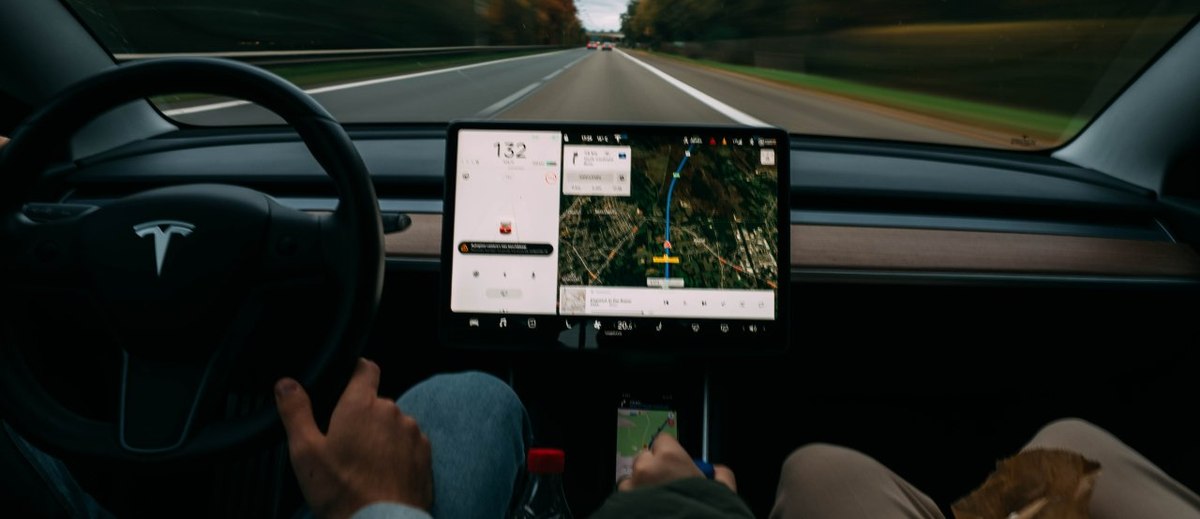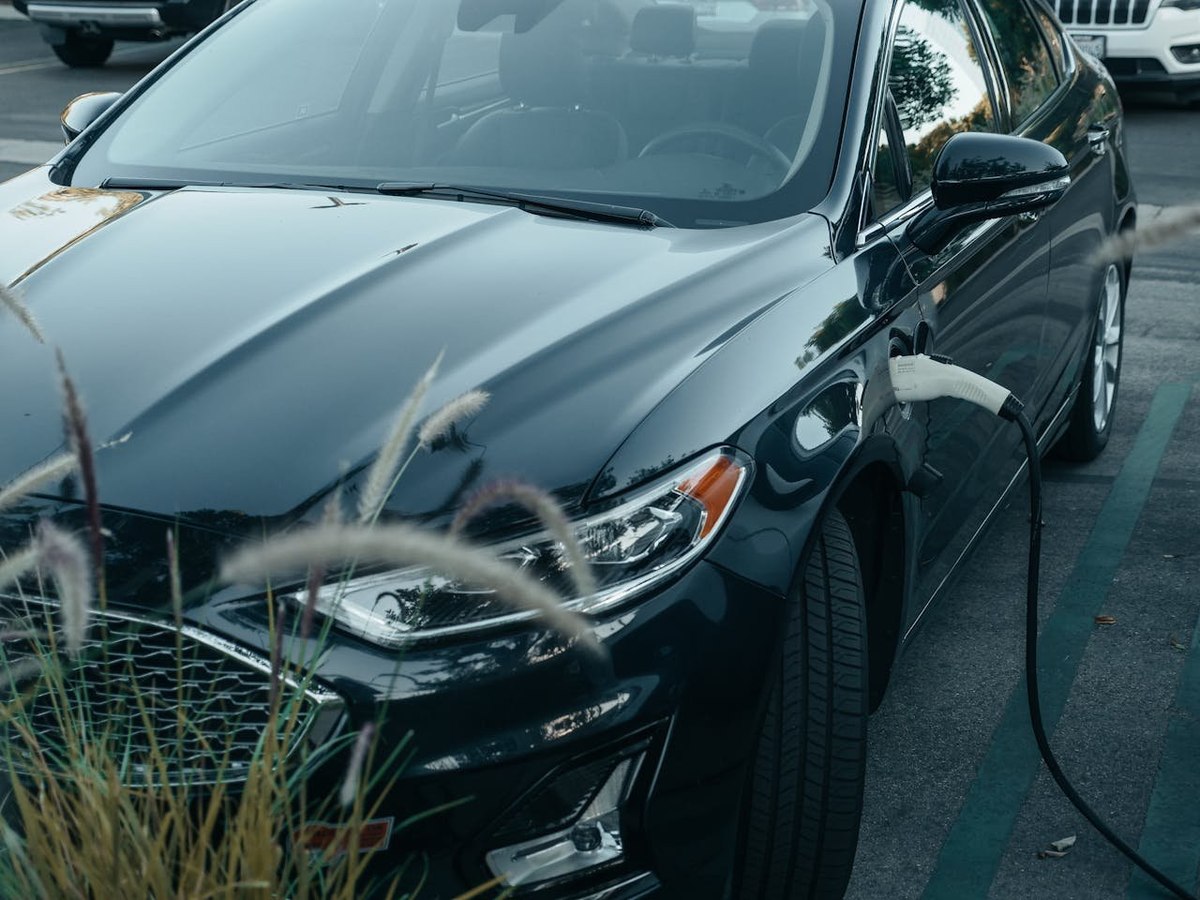
Top automated driving features US consumers want in their next car
Elon Musk's recent assertion that Tesla cars could soon be summoned from any location, not just parking lots, combined with the recent launch of Tesla Cybercab has possibly ignited renewed excitement about the potential of automated driving technology. As automakers race to develop more sophisticated driver assistance systems, it's essential to understand how consumers perceive and value these features.
YouGov's latest research among US adults provides valuable insights into the current state of automated driving adoption and preferences. The survey explores a range of automated driver assistance features, from basic parking aids to more advanced systems capable of hands-free driving.
Many drivers say they already have some form of automated driving technology in their vehicles. Parking and rear collision warning systems are the most common, with 31% of respondents reporting this feature in their current cars. Following closely behind, 29% of drivers have adaptive cruise control, while 27% have blind-spot monitoring. Other prevalent features include lane-keeping or changing assistance (23%) and forward collision warning (23%).
However, more advanced systems like automatic emergency braking are present in 19% of respondents’ vehicles, with fewer drivers (8%) reporting the use of automatic emergency steering. Active parking assistance and hands-free driving systems remain rarer, each featuring in just 7% of vehicles on the road today.
Beyond ownership, the research also highlights the importance of all automated driver assistance technologies among consumers. Parking and rear collision warning systems top the list once again, with 93% of respondents deeming them important in their vehicle. Blind-spot monitoring is another highly sought-after feature, with 92% marking it as important. Technologies like automatic emergency braking and forward collision warning also stand out, each considered important by 83% of drivers. Slightly fewer, though still a significant majority, view automatic emergency steering (73%), lane-keeping assistance (71%), and adaptive cruise control (68%) as important features in their cars.
While many appreciate these technologies, there appears to be less enthusiasm around more advanced features. Active parking assistance is considered important by 62% of respondents, while hands-free driving systems have comparatively a notably lower importance score (54%).
When cost is not taken into consideration, a few features play an even more significant role in potential car purchases. For those planning to buy a new car within the next 12 months, some automated driver assistance technologies take on heightened importance. Blind-spot monitoring is highly valued by 44% of potential buyers, signaling it as a key consideration in new vehicle purchases. Parking and rear collision warning follow closely, with 39% of buyers highlighting these features as highly valuable. Forward collision warning is also considered crucial by a third of potential buyers (34%).
Nearly a quarter of potential car buyers place moderate value on features like automatic emergency braking and lane-keeping assistance (24% each). Adaptive cruise control, on the other hand, is slightly less prioritized, with 25% of buyers saying they value it only slightly.
Perhaps the most interesting finding from the research is that a significant portion of potential buyers (21%) place no value at all on hands-free driving systems. This indicates that while fully autonomous technology may be capturing headlines, it is not yet a priority for most consumers.
Make smarter business decisions with better intelligence. Understand exactly what your audience is thinking by leveraging our panel of 26 million+ members. Speak with us today.
Methodology: YouGov Surveys: Serviced provides quick survey results from nationally representative or targeted audiences in multiple markets. This study was conducted online on August 30 - September 2, 2024, with a nationally representative sample of 1,161 adults in the United States (aged 18+ years), using a questionnaire designed by YouGov. Data figures have been weighted by age, gender, education, social grade and region to be representative of all adults. Learn more about YouGov Surveys: Serviced.
Image: Unsplash.com

































